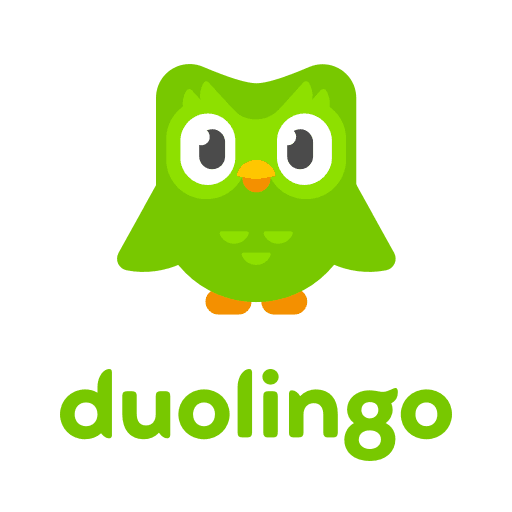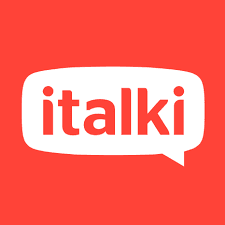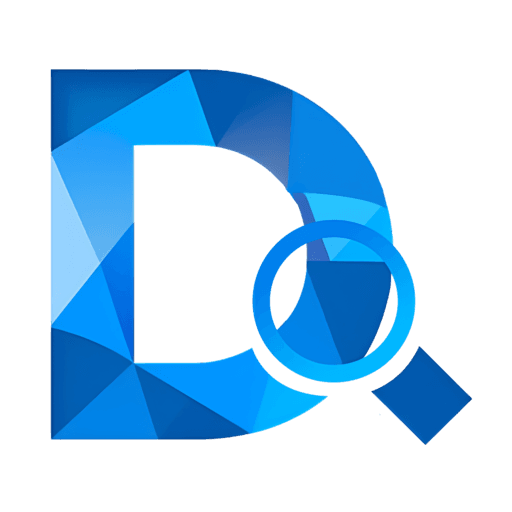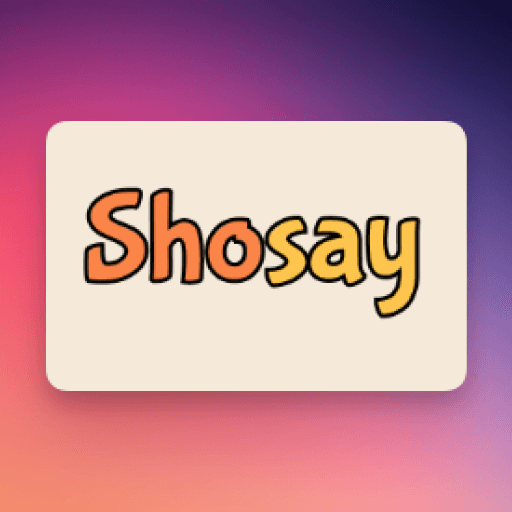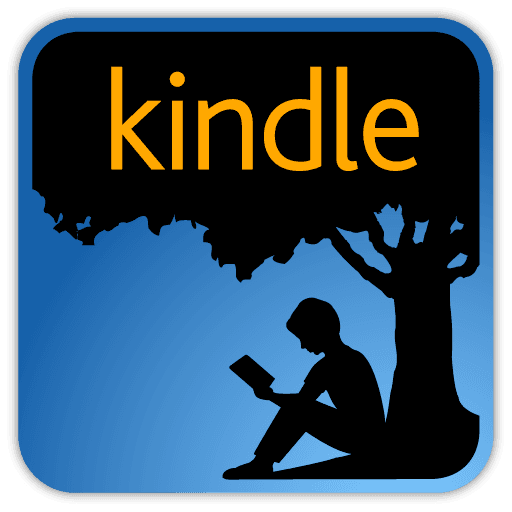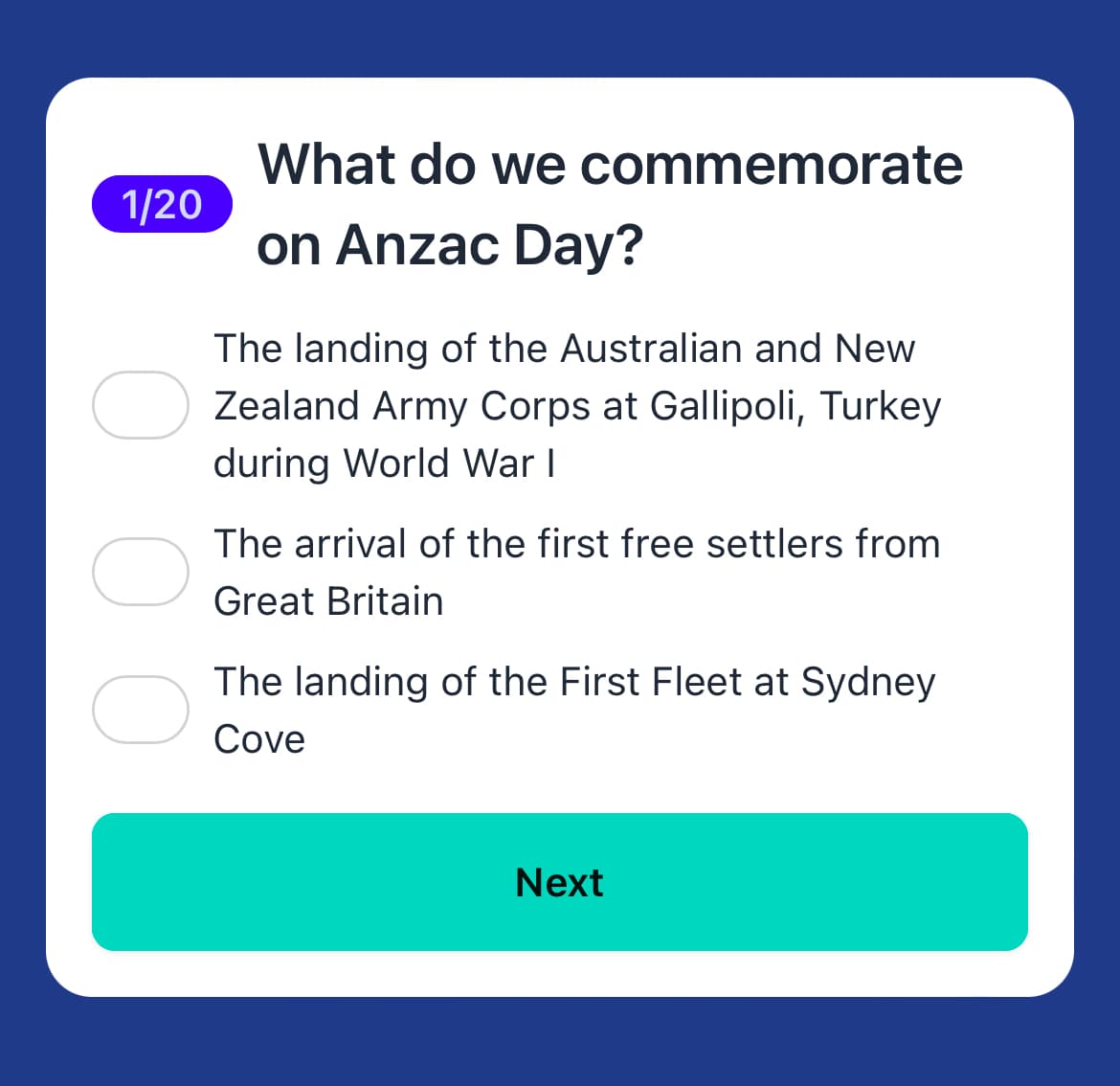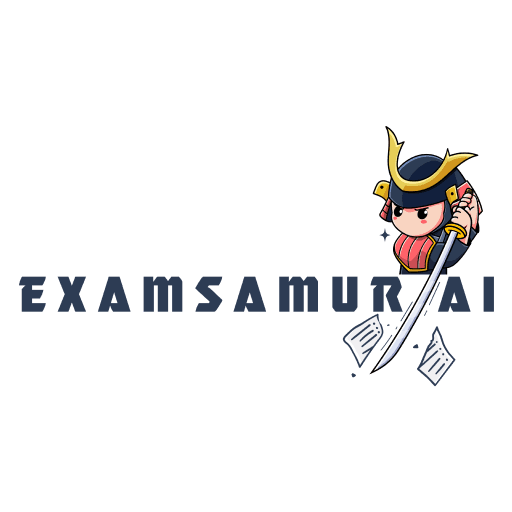Duolingo vs. OpenCulture
Duolingo
Duolingo is an app and website designed to help people learn languages in a simple and engaging way. It’s free to use, though there are paid options that remove ads and offer extra features. The lessons are short and interactive, with exercises that involve matching words, listening to sentences, speaking, and translating. A green owl named Duo acts as the app’s mascot—offering encouragement when you stay on track and reminders when you don’t. The platform offers a wide range of languages, from widely spoken ones like Spanish, French, and Chinese to less common choices like Welsh, Hawaiian, and even fictional languages like Klingon and High Valyrian. Lessons focus on practical, everyday communication—like ordering food or asking for directions—though you’ll occasionally encounter quirky sentences that are memorable in their oddness. Duolingo adapts to your progress: if you’re struggling, it slows down; if you’re doing well, it introduces more challenging material. There are game-like...
OpenCulture
OpenCulture is a Slack app that enables anonymous Q&A sessions within organizations, fostering open communication and psychological safety. It allows team members to ask questions without fear of judgment while providing moderators the tools to maintain productive discussions. Key Features - Anonymous Question Submission: Users can easily submit questions using the /ask_ama command, with complete anonymity guaranteed - even from moderators - AI-Powered Moderation: Automatic content filtering to screen out inappropriate content and maintain professional discussions - Human Moderation Queue: Designated moderators can review and approve questions before they're posted publicly - Similar Question Detection: AI identifies duplicate questions to prevent redundancy and save leadership time answering repeated queries
Reviews
Reviewed on 1/27/2025
I love Duolingo but I don't love the ads. There are too many of them and they completely kill my flow :(

Reviews
| Item | Votes | Upvote |
|---|---|---|
| No pros yet, would you like to add one? | ||
| Item | Votes | Upvote |
|---|---|---|
| Ads | 1 |
| Item | Votes | Upvote |
|---|---|---|
| No pros yet, would you like to add one? | ||
| Item | Votes | Upvote |
|---|---|---|
| No cons yet, would you like to add one? | ||
Frequently Asked Questions
Duolingo is specifically designed for language learning, offering a comprehensive Mandarin Chinese course that covers vocabulary, grammar, tones, characters, and pinyin, making it ideal for beginners. In contrast, OpenCulture is a Slack app focused on facilitating anonymous Q&A sessions within organizations, which does not cater to language learning. Therefore, for language learners, Duolingo is the better choice.
OpenCulture provides a unique platform for anonymous communication and Q&A within organizations, enhancing employee engagement and team communication. It focuses on creating a psychologically safe environment for discussions, which is not a feature of Duolingo. However, if your goal is to learn a language, Duolingo's structured courses and interactive learning methods make it more suitable for that purpose.
One drawback of Duolingo is the presence of ads, which can interrupt the learning experience. OpenCulture, on the other hand, does not have any listed cons, making it a more seamless tool for organizational communication. However, these two platforms serve very different purposes, so the drawbacks are context-dependent.
Duolingo is an app and website designed to help people learn languages in a simple and engaging way. It offers a wide range of languages, from popular ones like Spanish and French to less common choices like Welsh and even fictional languages like Klingon. The lessons are short, interactive, and focus on practical communication skills.
The main pro of Duolingo is its engaging and interactive approach to language learning, making it convenient and easy to use. However, a notable con is the presence of ads, which some users find disruptive to their learning experience.
Duolingo adapts to your progress by adjusting the difficulty of lessons based on your performance. If you are struggling, it slows down the pace, while if you are doing well, it introduces more challenging material to keep you engaged.
Duolingo offers various features to enhance language learning, including game-like elements such as points, streaks, and levels. Additionally, it provides podcasts, stories, and interactive exercises to improve listening and reading comprehension.
Yes, Duolingo is convenient and easy to use, allowing you to practice language skills almost anywhere—whether on the bus, during a lunch break, or before bed.
OpenCulture is a Slack app designed to facilitate anonymous Q&A sessions within organizations. It promotes open communication and psychological safety by allowing team members to ask questions without fear of judgment. The app includes features such as anonymous question submission, AI-powered moderation, and the ability to run team-wide AMAs.
OpenCulture offers several key features including anonymous question submission via the /ask_ama command, AI-powered moderation for content filtering, a human moderation queue for reviewing questions, similar question detection to avoid redundancy, the ability to run team-wise AMAs with configurable moderators, and a privacy-first design that ensures security and anonymity.
The benefits of using OpenCulture include increased employee engagement, better retention by giving employees a voice, enhanced team communication through psychological safety, actionable insights for leadership to understand organizational challenges, and time efficiency by preventing repetitive questions.
OpenCulture ensures anonymity by allowing users to submit questions without revealing their identities, even to moderators. This design fosters an environment where employees can express their thoughts and concerns freely.
AI plays a significant role in OpenCulture by providing moderation features such as automatic content filtering to screen out inappropriate content and similar question detection to identify and prevent duplicate questions. This helps maintain productive discussions and saves leadership time.
